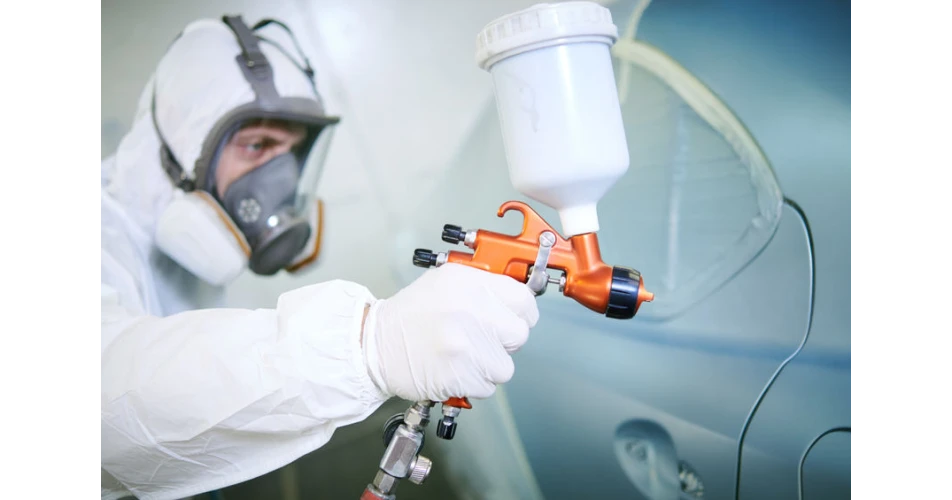Under the latest Level 5 COVID 19 restrictions, bodyshops are classed as an essential service and may remain open for business. This means that unlike the first lockdown in March last year, when many repairers were closed, or operating a limited service behind closed doors, the vast majority of bodyshops are now open and operating across Ireland.
However, body repair specialists are faced with a series of different challenges than those faced by most mechanical garages and have had to be very flexible in their business approach, in these challenging times.
The main issues is that reduced traffic volumes, less long journeys and the absence of the commute and school run, means that far fewer accidents are taking place. Freezing weather in early January and a small build up of work from the holiday period, has provided some relief, but overall repairers are reporting a reduction in business of anything ranging from 20 to 40% when compared to January last year. The profile of the work has also seen significant change.
Declan Llilis who runs a crash repair centre in Kilrush, Co Clare says, “
Insurance work has been scarce since the start of the pandemic. The lack of tourists and hire cars had a big impact last year and the latest lockdown means there is little traffic on the road. With lower volumes, larger shops are taking most of the insurance work that remains.” However, Declan has also seen a rise in retail work, commenting,
“Customers seem to have disposable income because they have been at home, so if they have a minor accident they are willing to pay cash for jobs rather then lose their no claims bonus, or pay a high excess, even up to a couple of thousand euro. This has kept us going and we have also been able to do more jobs on the commercial and agricultural side.” Declan says that by adopting a flexible working approach and by sticking to social distancing measures, his shop has been able to stay relatively busy and maintain its service to customers. He also says that supply of certain parts and panels has become an issue, with delays starting to mount.
Meanwhile in Ballina in Co. Mayo, Sean McCarthy who runs his own body repair, mechanical and recovery business, reports a similar story. He comments,
“The recovery and mechanical side of the business has been busy since the start of the year, but with fewer cars on the road, accidents are well down. Good insurance jobs are very hard to come-by, especially major jobs which are all too often easily written off.” Sean adds,
“We do see a trend towards people paying for their own repairs, rather than making an insurance claim and we have been picking up some good local repair work because of this.” Larger repairers are also reporting a very challenging operating environment with business volumes well down. Barry Ashmore, of Ashmore Ryder in Dublin, which relies mainly on insurance work and manufacturer approvals, says,
“Compared to this time last year business is substantially down and other repairers I talk to are also telling a similar story. The lack of traffic volume means that we expect the first three months of this year, when we are normally at our busiest, to be more like the quieter summer months.” Although repair volume has reduced, Barry says that with careful management and by making use of the supports available, he has been able to maintain full time working a full staff complement, while also operating within the recommended Coronavirus protocols. He does however have concerns about securing future parts supply, especially from vehicle manufacturers, as the impact of both the COVID pandemic and Brexit take their toll.
With traffic volumes unlikely to recover before the spring or early summer, concerns over parts availability and the general restrictions of operating in a pandemic, 2021 looks like being another very challenging year for the body repair sector. Bodyshop operators will need to remain flexible, keep a very tight control on costs and be open to new opportunities outside of mainstream repair, perhaps including a more retail oriented business model, to survive.
 Body repair specialists are faced with a series of different challenges than those faced by most mechanical garages and have had to be very flexible in their business approach
Body repair specialists are faced with a series of different challenges than those faced by most mechanical garages and have had to be very flexible in their business approach